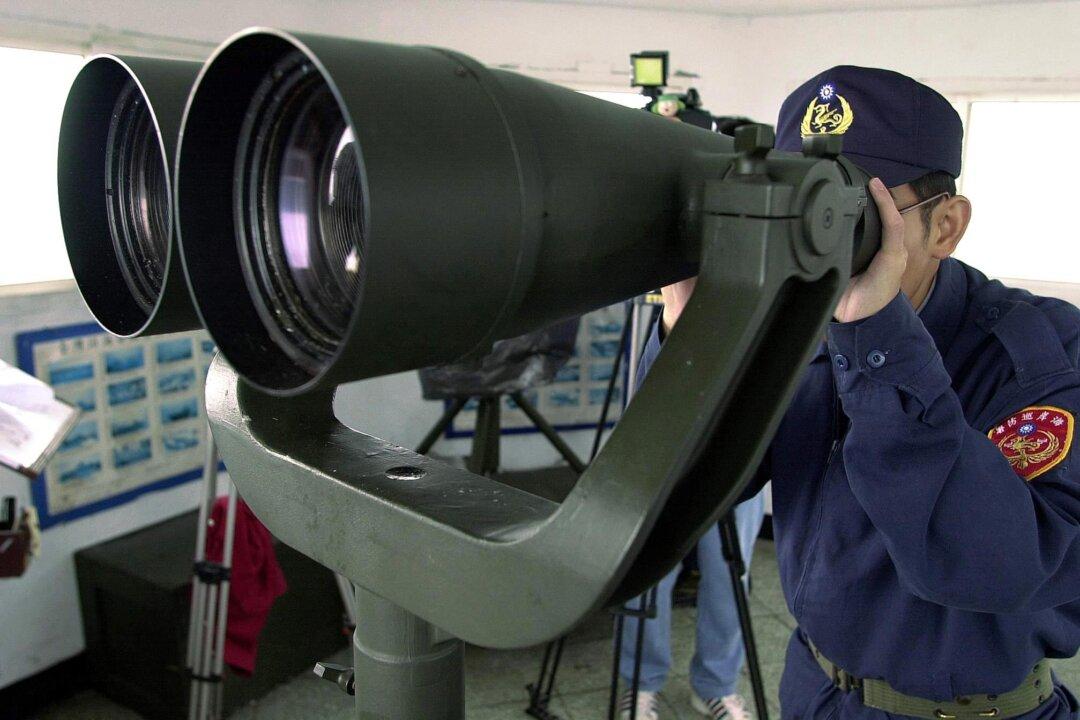Two retired lieutenant colonels in Taiwan were recently found guilty of trying to collect military secrets for the Chinese regime.
Both went to China for business after retiring from the Taiwan military, and were recruited to become spies for the Chinese Communist Party.
They were sentenced to six months in jail with a fine of NT$180,000 ($5,830) on March 14 at the New Taipei City District Court.
For decades, Beijing has been active with collecting intelligence from Taiwan, particularly targeting active and retired military officers. The Chinese regime considers the island to be a province of its own, though Taiwan has its own democratically elected government, currency, and military.
Beijing has never renounced the use of military force to unite the island with the mainland, hence its efforts in utilizing Taiwan military intelligence for its agenda.
Bian Pong
The two retired officers tried to recruit other compatriots to work for Beijing. The latter thus reported their suspicious activity to Taiwan’s Ministry of National Defense (MND), which led to their arrest.
Bian Pong, 55, retired from the MND Telecommunications Development Office in 2010 as lieutenant colonel. That office is an intelligence agency within MND in charge of intercepting and deciphering of air signals from the Chinese regime, as well as monitoring space satellites.
According to the complaint by New Taipei District Prosecutors Office, Bian went to China for business purposes and became a spy under a Chinese official named Wang Yongxu beginning in 2015. Wang was director of the 11th Office of the Fujian provincial government, and a Chinese Air Force Major General, according to Taiwanese media.
The 11th Office is located on Xihong Road in Fuzhou City. In public documents, the office is said to be a trading department. However, there are no details about their businesses or products.
Wang asked Bian to obtain classified military reports, but because of Bian’s retired status, he was unable to. Bian, however, did print out an unclassified defense report from the MND website and passed it on to Wang, on his orders.
Bian invited a retired Taiwanese air force colonel surnamed Fan to visit China and meet with Wang—who introduced himself as a Chinese businessman—in 2015 and 2016, in an attempt to gain intel from him.
During the 2016 trip, Bian, Wang, and four Chinese air force officers began discussing how Taiwan’s air force performed night combats, island tactics, air combat drills, and so on. Fan became suspicious about the motivation for inviting him to China and reported Bian to MND after he returned to Taiwan.





